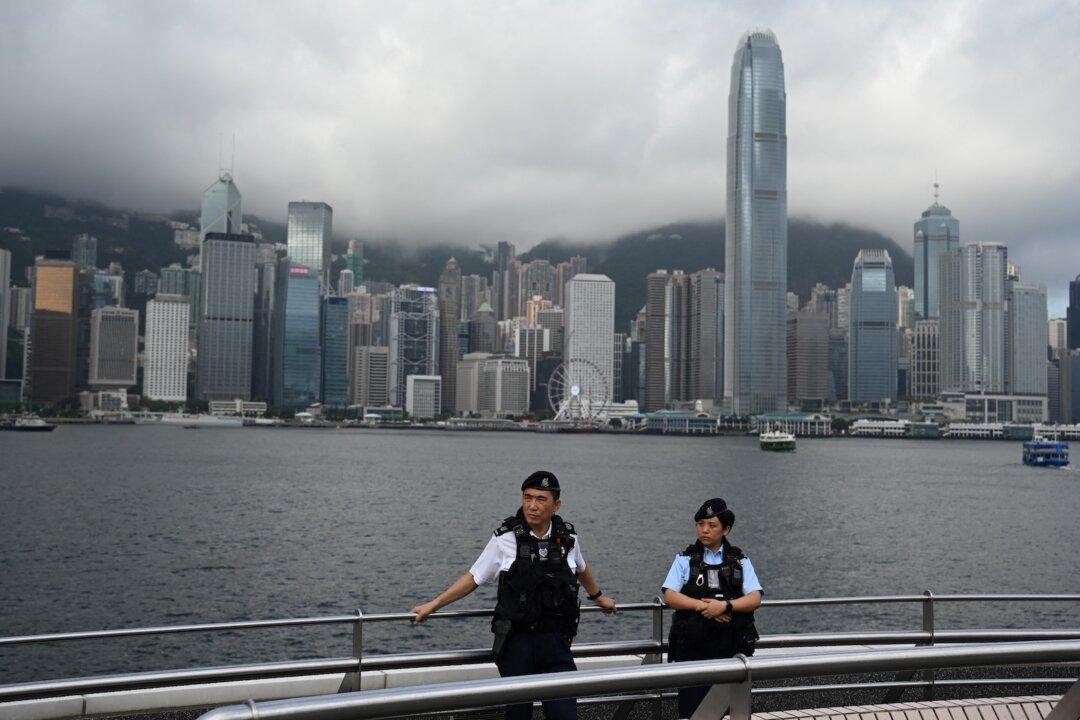Landmark events of 2024 in Hong Kong signaled that the city’s freedoms and rule of law are no longer what they used to be. Among those events were the legislation of Article 23 of the Basic Law, heavy penalties granted in the “47 people case” involving the pro-democracy primary election, and the judgment of the “Yuen Long 7.21 Incident” where a violent mob assault occurred in an MTR station in 2019.
Conclusion of Article 23 Legislation
The legislative process for Article 23 of the Basic Law (“Ordinance for the Safeguarding of National Security”) started its public consultation on Jan. 30 and was officially implemented in just over a month on March 23.The general opinion of rights organizations and democracy advocates outside Hong Kong was that the legislation has further damaged the rights and freedoms of the city’s people.




